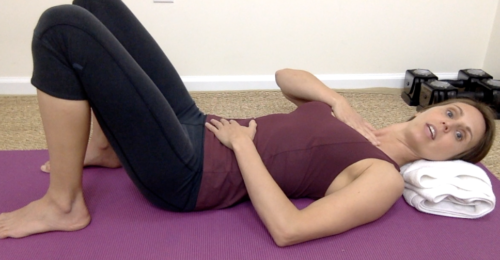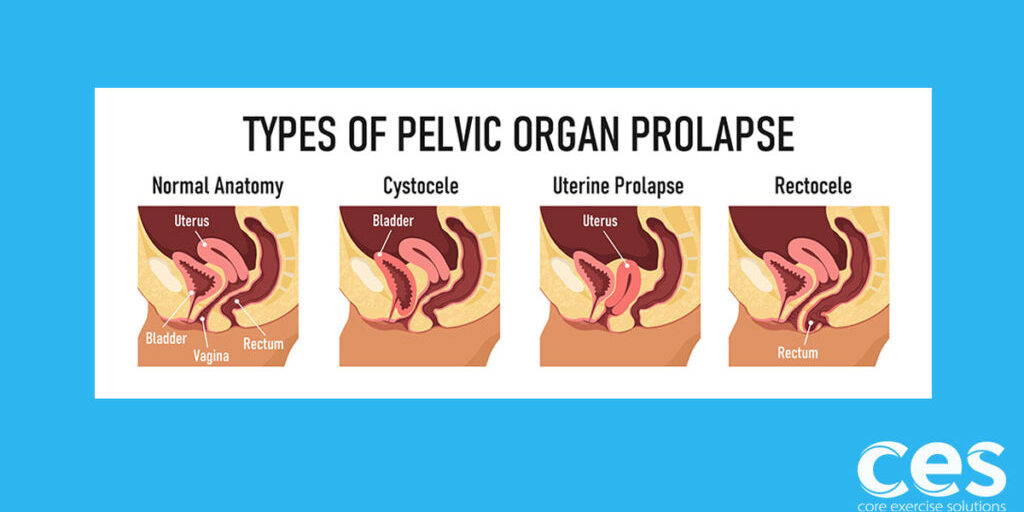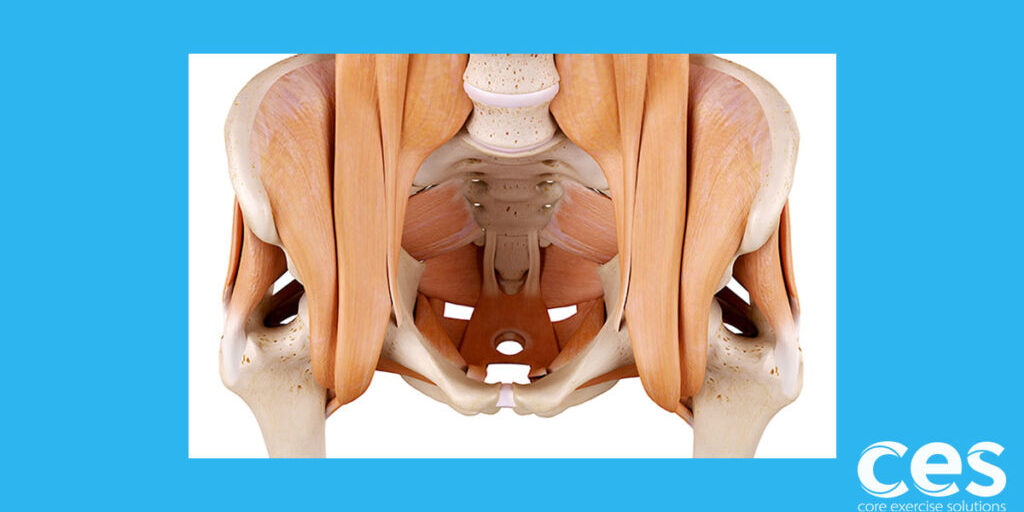Have you been told somewhere along the way to expand your belly for breathing? Well, this is true, but not when it gets taken too far.
Chest vs Belly - Which is correct when it comes to breathing? Well, the answer is both! I see many women that struggle with diastasis and persistent pelvic floor issues and they are trying really hard to belly breathe and it's just not helping.
The truth is, all belly breathing is probably why the diastasis hasn't healed. On top of that, when checking internally, pelvic PTs agree that a great 360 breath actually relaxes the pelvic floor more fully than a belly breath. When you direct the air and pressure from the breath all the way around it relaxes the back of the pelvic floor better.
So, why isn't breathing being taught correctly? I'm not sure. I know, like most PTs, I learned about rib expansion in school way back in 2003. Maybe the misinformation goes back to things getting too simplified and then spreading like things tend to do on social media?
It reminds me of the fat-free craze that happened in America back in the 90s. I remember my family buying all of these fat-free things to try and be healthy. My Dad's cholesterol just kept increasing. Fat-free was not the answer, that was too simplified. This is what belly vs chest reminds me of. Breathing just got too simplified! Did you know that scientists actually knew that there was good fat and bad fat back then, but they didn't think people were smart enough to handle the info so that's why they chose to just push only fat free? Crazy right?!
Yes, breathing is a little more complicated if you have to learn ribcage expansion, belly, back, and sides, but it's worth it!!! Much like the fat-free craze, not moving your ribcage and getting no chest expansion on your inhale is actually bad for you. We need chest expansion!! And, we need some belly. It's the best of both worlds. So, let's get breathing correctly and make lots of happy bodies!

For more information on breathing, diastasis, and pelvic floor dysfunction, checkout MomFit. It's the right kind of fit!
If you're a fitness or healthcare professional, check out the Pregnancy and Postpartum Corrective Exercise Certification Program to learn more about the most effective cues and exercises for helping women gain complete recovery.
Free Pelvic Floor Educational Series
Dr. Sarah Duvall, PT, DPT, CPT and the CES Team have helped thousands of women create the strength and stability needed to overcome common and not-so-common pelvic floor issues.
Join us today for this 4-part Pelvic Floor Video Series, absolutely free.
We don't spam or give your information to any third parties. View our Terms of Use and Privacy Policy.
Having trouble signing up? Click here










